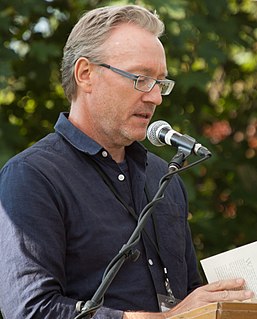A Quote by Helen Sharman
You can do more science on the ground than you can in space for the same amount of money. But there is some science you can not do on the ground.
Related Quotes
The partisanship surrounding space exploration and the retrenching of U.S. space policy are part of a more general trend: the decline of science in the United States. As its interest in science wanes, the country loses ground to the rest of the industrialized world in every measure of technological proficiency.
On dispersive ground, therefore, fight not. On facile ground, halt not. On contentious ground, attack not. On open ground, do not try to block the enemy's way. On the ground of intersecting highways, join hands with your allies. On serious ground, gather in plunder. In difficult ground, keep steadily on the march. On hemmed-in ground, resort to stratagem. On desperate ground, fight.
The invocation of science, of its ground rules, of the exclusive validity of the methods that science has now completely become, now constitutes a surveillance authority punishing free, uncoddled, undisciplined thought and tolerating nothing of mental activity other than what has been methodologically sanctioned. Science and scholarship, the medium of autonomy, has degenerated into an instrument of heteronomy.
Literary science fiction is a very, very narrow band of the publishing business. I love science fiction in more of a pop-culture sense. And by the way, the line between science fiction and reality has blurred a lot in my life doing deep ocean expeditions and working on actual space projects and so on. So I tend to be more fascinated by the reality of the science-fiction world in which we live.



































